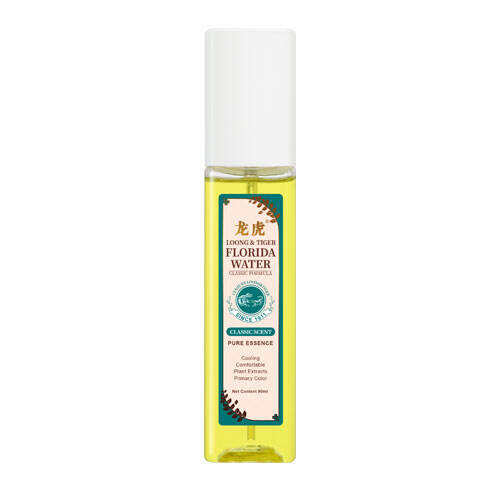The aroma of eucalyptus is so specially prominent and sharp, that it is passing through generations and houses worldwide, no longer a tree can be defined as mature (a tree that is botanical and geographically distinguished), but instead has taken the form of a historical symbol of cleanliness, purity and general good health in the house instead. The cultural relevance of its use in welfare within homes is widespread and two-sum-two-come, based on its tradition and spirit, its use is not based on a contemporary product formula.
Ancient wisdom and, in this case, an intense relationship of Australian Aboriginal people with several types of eucalyptus are common points that often serve as a beginning of the story. Worshipped as kino or gum trees, certain varieties would traditionally be used to create a smoke cleanser, put in water to be used to make a wash, or included into a healing ceremony. This initial admiration of the purification value of the plant was the stepping stone to its mission across the world to the home front.
With the globalization of eucalyptus usage, the strong aroma of this plant became firmly associated with an image of purified, renewed, and healthy future house. There is evidence that in most societies, especially in the cold seasons or when there was a change in season, the act of steaming eucalyptus leaves gained a ritualistic approach. By taking a bowl of boiling water and adding leaves to it, leaving the head tented in a towel makes one immersed in a steamy environment. The tradition, kept by family lines, has less to do with particular physiological benefits and more to do with the experience the deep breath of cool, wary vapors bringing a feeling of clearing the air, literally and metaphorically. It creates a pause in time, a breathing space in the house, which one may often share between the members of a household as a soulful unifying experience. Victorians were a hygiene- and fresh-air obsessed bunch, so it was common to find eucalyptus branches in a sickroom, where Victorians thought the scent made the room more fresh.
In addition to steaming, eucalyptus entered into the mainstream of the way people maintained their homes. They placed dried sprigs in the linen closets and wardrobes, and the scent repelled moths in a completely natural way, but also gave a fresh scent to clothing that was stored. This freshness contextualized in places of personal spaces came in the form of small sachets inserted between outfits or under pillows. Another widely utilized technique was infusing eucalyptus leaves into home made floor or surface cleaners, as its pungent aroma aided in the sensual gratification of a newly cleaned house. In areas such as Mexico, eucalyptus branches are commonly used in creating folk-medicine-based cleansings known as limpias (spiritual cleansings) of a residence, which clears bad energy. The cultures of the Mediterranean people may have bundles at the doorway to preserve and protect them.
Eucalyptus also contributes to the process of bathing. The use of a few drops of oil or handful of leaves in bathwater causes basic soak to become more immersive, sensory experience. The rejuvenating scent is released into the surrounding steam, which adds another level of deep cleansing and regenerating the body, a more personal wellness practice done in the privacy of the home. The practice resembles historical ones, though modified to contemporary practices of self-care that involve establishing a healing environment.
Finally, the cultural value of eucalyptus in the domestic well-being could be seen in its longstanding position on the sensorial axis of purifying, refreshing, and attentive healing. It makes us relate to the generations before that were used to getting natural means of improving their living conditions. Its services, such as steaming, scenting linens, producing aromatic baths, are all practices that are available only at a reasonable cost and that produces a tangible sensation of well-being and cleanliness. The notes of eucalyptus are not only as sharp and clean to the nose as it seems, culturally eucalyptus also exudes the impression of a home that is undertaken and maintained: a space that is purposefully kept fresh and clear, clean and wholesome, in a very fitting testament to its role as a piece of home wellness culture since ancient times.

 EN
EN AR
AR HR
HR CS
CS NL
NL FR
FR DE
DE EL
EL HI
HI IT
IT JA
JA KO
KO PL
PL PT
PT RO
RO RU
RU ES
ES SV
SV TL
TL IW
IW ID
ID SR
SR UK
UK VI
VI HU
HU TH
TH TR
TR FA
FA AF
AF MS
MS KA
KA BN
BN GU
GU LA
LA MY
MY KK
KK MG
MG UZ
UZ






